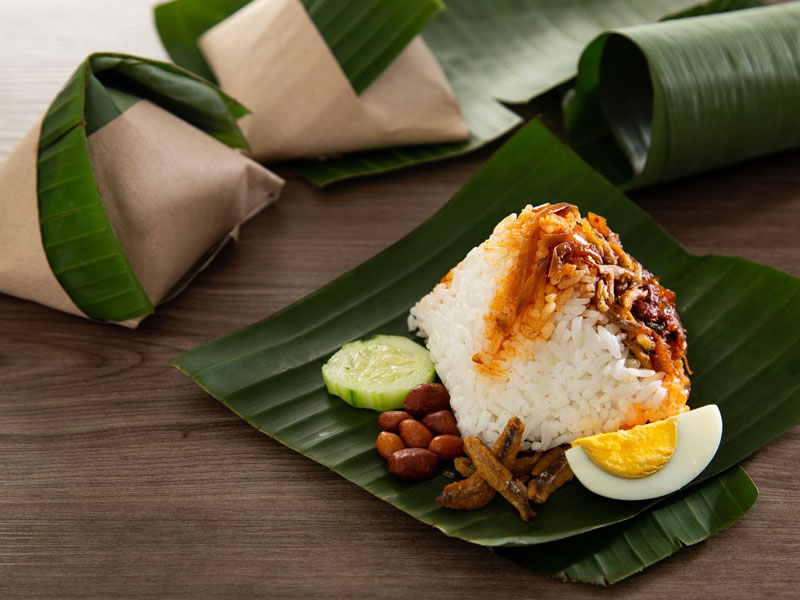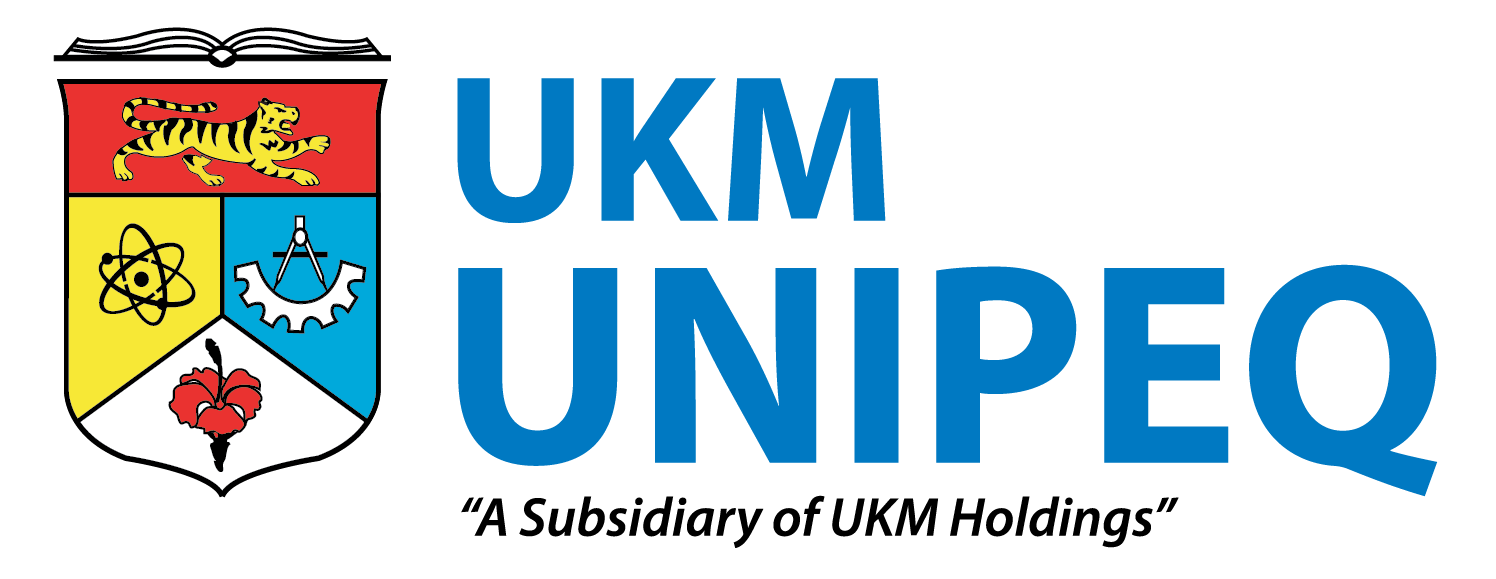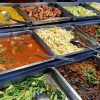
In Malaysia, a country known for its rich culinary heritage, ensuring the safety and quality of food is of paramount importance. From nasi lemak stalls at dawn to late-night mamak restaurants, food is an integral part of the Malaysian lifestyle. Thus, understanding the importance of food safety and its best practices can make a significant difference. Welcome to Food Safety Course 101, tailor-made for the Malaysian scenario.
Introduction to Food Safety
Food safety refers to the strategies and practices that prevent contamination and ensure food remains safe for consumption. In Malaysia, this includes compliance with local food safety regulations, maintaining hygiene standards, and protecting food from various contamination sources.
Why is Food Safety Crucial for Malaysia?
- Cultural significance: Food plays a central role in Malaysia’s diverse culture, with various festivals and occasions celebrating unique dishes.
- Economic impact: The F&B sector, including street food vendors, restaurants, and cafes, significantly contributes to Malaysia’s GDP. Ensuring food safety can help maintain this economic momentum.
- Public health: With the frequent outbreaks of foodborne illnesses worldwide, food safety safeguards public health.
Main Components of Food Safety in Malaysia
- Personal hygiene: Proper hand washing, using gloves, and wearing hairnets and aprons are essential practices.
- Temperature control: In Malaysia’s tropical climate, monitoring and controlling the temperature of food storage areas is crucial to prevent bacterial growth.
- Pest control: Effective measures to keep pests away from food preparation and storage areas.
- Safe food handling: This includes practices like avoiding cross-contamination, using separate cutting boards for different food types, and cooking food to the right temperature.
The Role of Malaysian Authorities
The Ministry of Health Malaysia (MOH) and other local authorities have laid out guidelines and regulations for food protection. Regular inspections, certifications, and grading systems are implemented to ensure establishments maintain required standards.
Training and Certifications
Several institutions in Malaysia offer courses on food safety and protection. Completing these courses can give individuals a competitive edge, ensuring they are well-versed in best practices and compliant with local regulations.
Challenges in Implementing Food Safety
- Diverse range of food vendors: From hawkers to high-end restaurants, standardizing practices can be challenging.
- Cultural habits: Some traditional cooking and preservation methods might not align with modern safety standards.
The Future of Food Safety in Malaysia
As technology advances, we can expect more digital solutions to monitor and ensure food safety. Additionally, with the increasing global focus on food safety, Malaysia is poised to adopt more stringent measures and advanced practices in the coming years.
Conclusion
In the heart of Southeast Asia, Malaysia stands tall with its culinary offerings. To keep the legacy intact and ensure public health, understanding and implementing food safety practices is crucial. Whether you’re a street food vendor, restaurant owner, or a consumer, staying informed about food safety can contribute to a healthier, happier nation.




